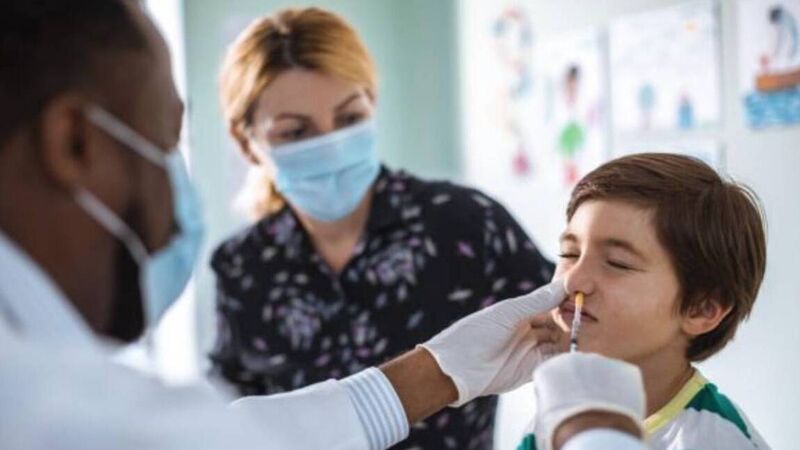Flu vaccination clinics to open for children as 700 hospitalised

The clinics, for children aged two to 17, will offer the nasal flu vaccine free of charge in vaccination centres across the country. Picture: Getty
Try from €1.50 / week
SUBSCRIBEA surge in flu cases which has seen nearly 700 children hospitalised this winter has prompted the HSE to open walk-in vaccination clinics for children.
The clinics, for children aged two to 17, will offer the nasal flu vaccine free of charge in vaccination centres across the country in response to the rising numbers of cases and the risk of the virus continuing to circulate further.
Already a subscriber? Sign in
You have reached your article limit.
Annual €130 €80
Best value
Monthly €12€6 / month
Introductory offers for new customers. Annual billed once for first year. Renews at €130. Monthly initial discount (first 3 months) billed monthly, then €12 a month. Ts&Cs apply.
CONNECT WITH US TODAY
Be the first to know the latest news and updates
Newsletter
Keep up with stories of the day with our lunchtime news wrap and important breaking news alerts.
Monday, February 9, 2026 - 10:00 PM
Monday, February 9, 2026 - 5:00 PM
Monday, February 9, 2026 - 9:00 PM
© Examiner Echo Group Limited